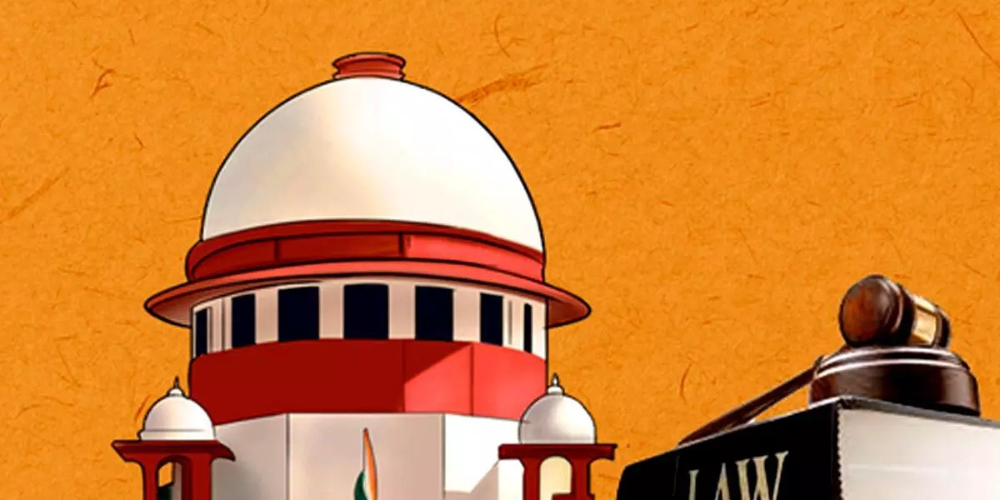In a significant move aimed at improving judicial transparency and accountability, the Supreme Court has directed all High Courts to clearly mention three critical dates in their certified copies of judgments: (i) the date of reservation, (ii) the date of pronouncement, and (iii) the date of uploading on the court’s official website.
A bench comprising Justices Surya Kant and N. Kotiswar Singh passed the directive while addressing concerns over inordinate delays in the pronouncement of reserved judgments, particularly a case where the Jharkhand High Court delayed verdicts in criminal appeals for nearly three years.
The apex court directed every High Court in the country to modify their formats or practices within a period of four weeks to ensure compliance. The order stated:
“All the High Courts are directed to suitably modify their existing practice or formats to ensure that (i) the date when the judgment is reserved; (ii) the date when the judgment is pronounced; and (iii) the date when the judgment is uploaded on the website are clearly mentioned in the uploaded/certified copy of judgment. The High Court may do the needful within four weeks.”
The bench further mandated that every certified or uploaded judgment must include a column indicating whether the pronouncement consisted only of the operative portion or the full judgment. Where only the operative part is pronounced, the detailed reasoning must follow within five days, in line with the precedent set in Ratilal Jhaverbhai Parmar v. State of Gujarat, unless altered by a subsequent order of the Supreme Court.
These directions were issued during proceedings in Pila Pahan @ Peela Pahan and Ors. v. State of Jharkhand and Anr. (W.P. (Crl.) No. 169/2025), where the Court was confronted with instances of extraordinary delay in verdicts on reserved criminal appeals before the Jharkhand High Court. Such prolonged delays, the bench noted, undermine the fundamental expectations of litigants and erode public confidence in the judicial system.
The Court also took the opportunity to reiterate the urgent need for structured guidelines for evaluating the performance of High Court judges. Justice Surya Kant observed that the public holds a legitimate expectation from the judiciary to deliver justice in a timely and efficient manner, and therefore systems of accountability must be strengthened.
Appearances
• Amicus Curiae: Advocate Fauzia Shakil
• For Respondents: Senior Advocate Ajit Kumar Sinha
By mandating explicit disclosure of judgment timelines in certified and uploaded copies, the Supreme Court has set a nationwide standard that is expected to streamline judicial functioning, reduce ambiguity, and enhance transparency. These measures, coupled with strict timelines for issuing reasoned judgments, mark another step towards reinforcing public trust in the justice delivery system.
